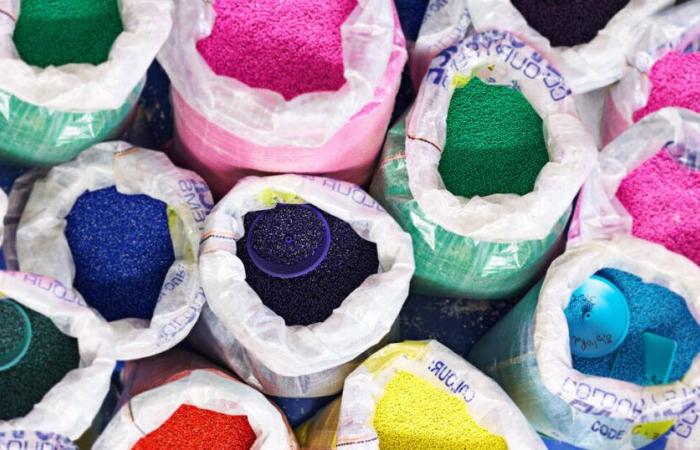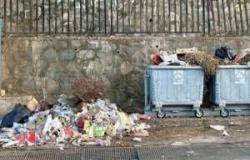Pollution
Article reserved for subscribers
This Monday, November 25, a final session of international negotiations on plastic opens in Busan. While the oil states and petrochemical manufacturers, who see it as a lucrative outlet, praise recycling, the European Union and France are pushing for an ambitious text.
To avoid ending up poisoned by an avalanche of plastic waste, will humanity manage to turn off the tap at the source, that is to say, drastically reduce the production of virgin plastic? This is the challenge of the UN negotiations which begin this Monday, November 25 in Busan, South Korea, with the aim of developing a first international treaty on plastic pollution. After two years of talks, this fifth and supposedly final session is supposed to result on December 1 on a “legally binding” text to combat a scourge with disastrous consequences for health, the environment, the climate and human rights.
Like the exit from fossil fuels for the climate negotiations, the decline in the production of virgin material is the “elephant in the room” for those on plastic. And as oil, gas and coal producers highlight the reduction in greenhouse gas emissions by promising to solve the climate crisis with “solutions” such as carbon capture and storage, so as not to reduce their production, plastic producers tout recycling as a miracle answer. In fact,
Belgium






